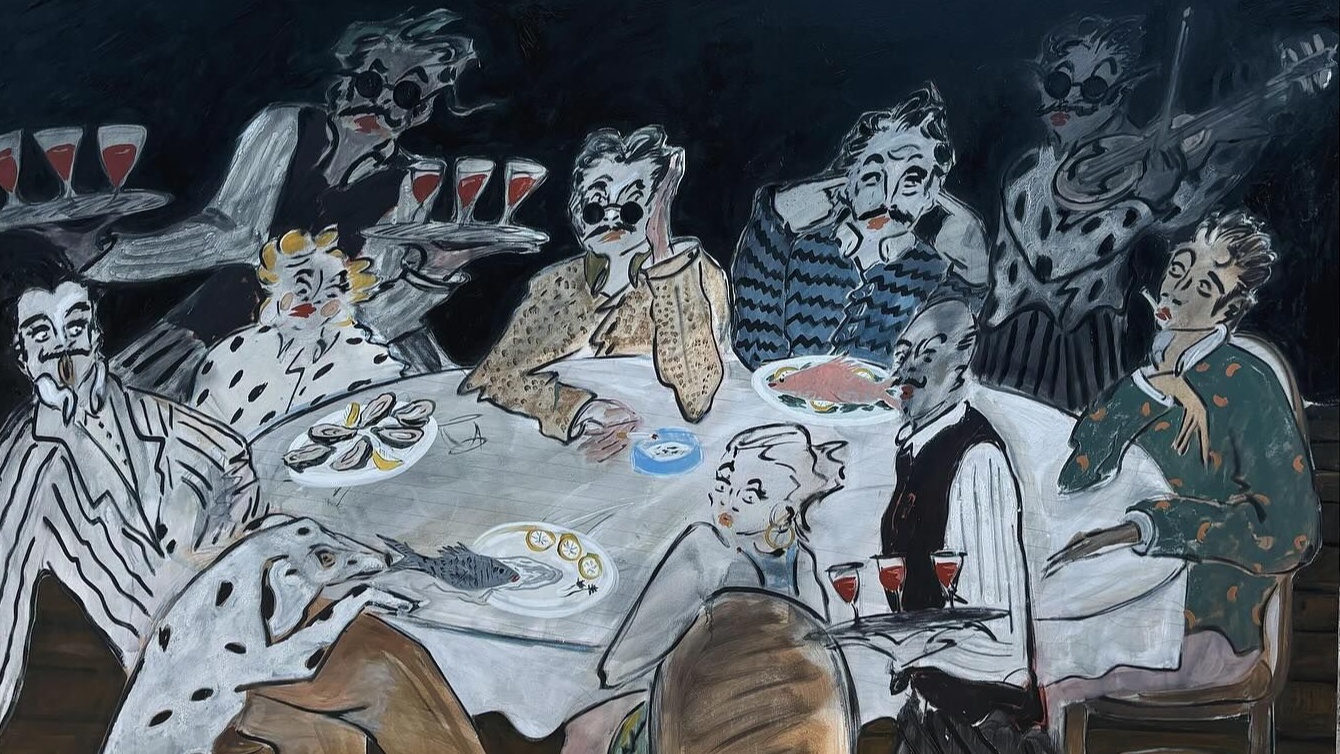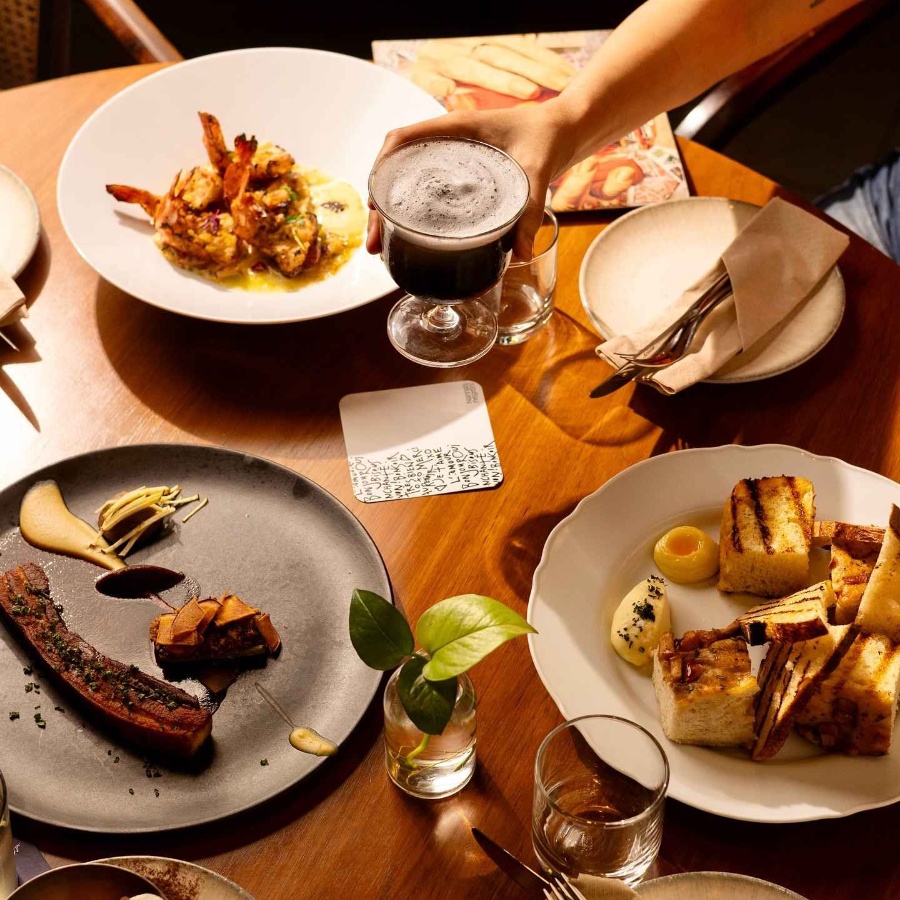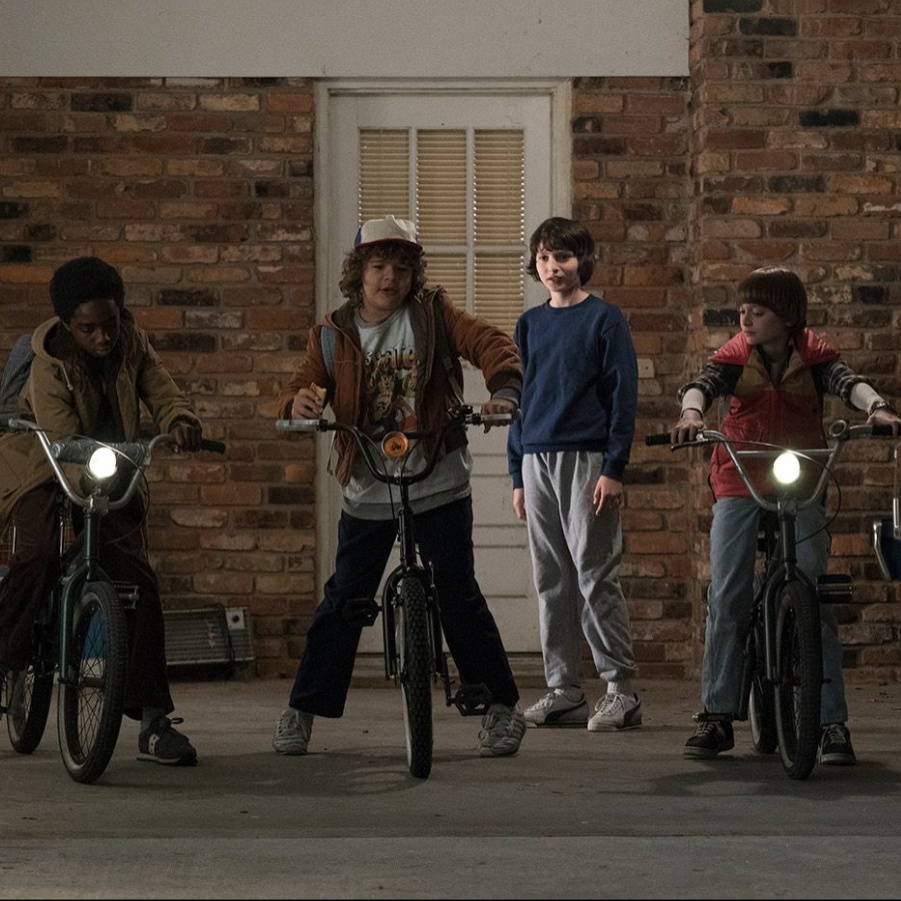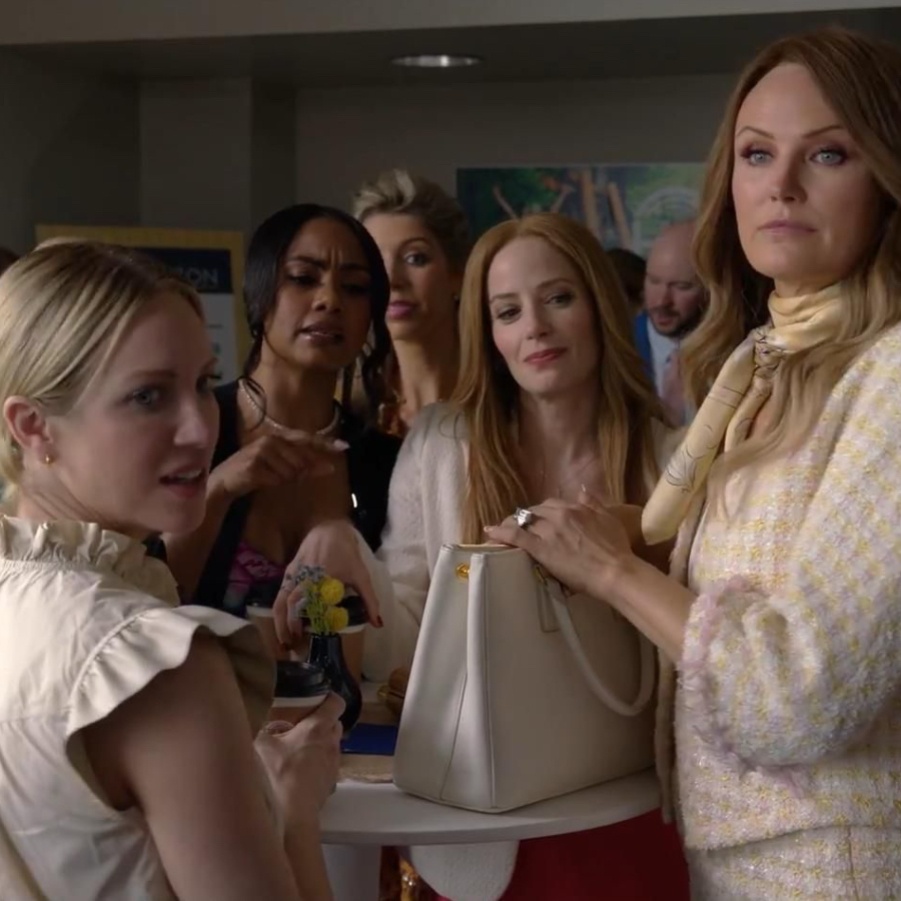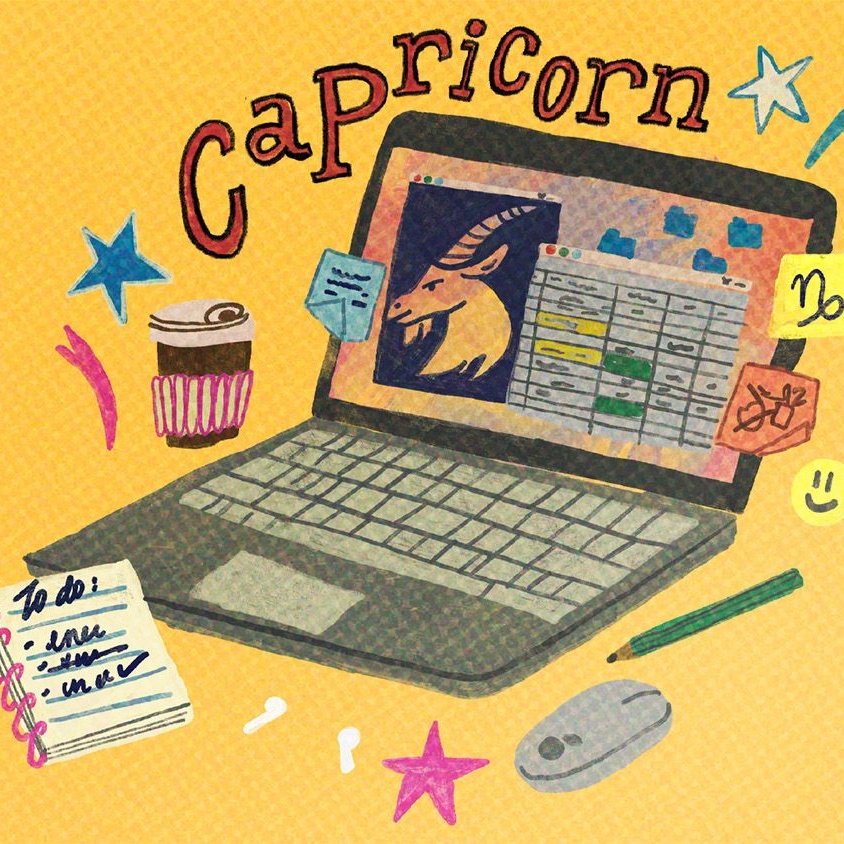If you have no interest in running, no time for padel or pickleball, and no talent for pottery, where exactly do you go to meet new people? I ask this sincerely—on my own behalf. Making friends as an adult has been its own sport (and not one I excel at). I’m an introvert in recovery, oscillating between long stretches holed up in my cat-ridden cave and the occasional social sprint—maybe two dazzlingly extroverted days per quarter, when I’m briefly reborn as a social butterfly.
Confession: I’ve even asked tarot readers if I’m destined to find new, steady friendships. But recently, Instagram—more prophetic than psychic these days—seemed to sense my midlife malaise. One sponsored ad began haunting me with uncanny precision: a carousel of grinning people, captioned with a clickbait dare: “Have dinner with strangers.” The app was called Timeleft.
A daring swipe into the real world
A new report claims that solo dining is a sign of unhappiness; and even if I don’t see the correlation, it just seemed like a sign to go give the app a try. For the more outgoing, dining with strangers might be thrilling. For me, it felt like a high-stakes dare. But in a conscious bid to discomfort myself (the good kind), I clicked, downloaded, and subscribed to a one-month membership (₹1,099 a month; longer plans are also available) to dip my feet into this strange new world of food buddies. You can’t attend a dinner unless you’re a member. That’s the deal.
Timeleft was founded in 2020 by a French entrepreneur evidently determined to heal the social isolation wrought by lockdowns and Zoom fatigue. The mission: to spark IRL connections in a world recovering from virtual overload.
Still, I couldn’t help but wonder: Timeleft? For an app meant to foster connection and presence, why name it something that sounds like a hospice countdown? But I digress.
The ritual of readiness
Onboarding on this app begins with a personality quiz—some questions insightful (“How comfortable are you with politically incorrect humour?” or “Are your opinions guided by logic and facts or emotions and feelings?”), others a little more obtuse (“Do you enjoy taking recreational drugs with friends?”). You also select your dinner budget, categorised neatly with the familiar one to three dollar-signs. I went with $$$.
All dinners happen only on Wednesdays (no exceptions), and once you choose your date, the app starts a countdown—literally. The night before, you’re told the professions of your fellow diners: medicine, design, engineering, the arts. Then, at 10am on D-Day, the restaurant is revealed.
In-app and via a series of enthusiastic emails, Timeleft insists its mission isn’t romantic. It’s about “stimulating conversations”, “expanding your social circle”, and “unique culinary experiences”. Yet, of the two dinners I attended, every guest was either single or divorced. Coincidence? Maybe. But you’d be forgiven for suspecting the algorithm is quietly rooting for romance.
Timeleft insists its mission isn’t romantic. Yet, of the two dinners I attended, every guest was either single or divorced. Coincidence? Maybe. But you’d be forgiven for suspecting the algorithm is quietly rooting for romance.
Vulnerability and varnish
How much are you willing to reveal to someone you’ve just met? Turns out, quite a lot. Over the course of a two-hour meal, I heard about divorces, breakups, and battles with self-worth. The vulnerability was immediate and, honestly, moving. I found myself holding back—more listener than speaker—but the openness of others was undeniable.
Conversations roamed freely—from gender and power dynamics at a co-diner’s workplace, to a 55-year-old’s candid admission of loneliness, to one woman’s earnest account of her “coming of age” in her forties. At one point, a fellow guest even took it upon himself to psychoanalyse my general quietness, confidently diagnosing me with an “avoidant attachment style”. Charming.
On one out of the two dinners, I encountered a pair of Timeleft veterans—repeat attendees who guided the conversation like seasoned talk show hosts. The app provides a bank of 20 conversation starters (“Two truths and a lie”, “What’s your take on dating apps?”, “Define success for yourself”), which shape the meal into something between a podcast and a personality test.
It’s fast, fluid, and weirdly performative. You want to come off as interesting, self-aware, light-hearted, and confident—your best curated self. Authenticity might show up, but it’s competing with the urge to impress.
That’s more than I can say for Timeleft’s choice of partner restaurants. With my location set to SoBo (Mumbai West, perhaps alluding to the western suburbs, only popped up on the app a few weeks ago), I was blindly matched with Smoke House Deli and Ode, in Colaba and Worli respectively. Both are fine—pleasant even—but hardly the kind of places that get a food enthusiast’s heart racing. No one else at the table seemed to notice or care. I suspect I was the only one nursing hopes of a side of food discovery with my social experiment. But Timeleft clearly makes no promises to the discerning diner. It’s not for people who bookmark menus or chase chefs—it’s for people who want company, not culinary curation.
Connections, glitches, and grace
How it works is that each dinner is algorithmically assembled based on your responses and past feedback—mine was a mixed group: three men, three women, all within a similar age range. One no-show (also a common occurrence I noticed across my two dinners). By dessert, numbers were exchanged. I didn’t ask for any, but three people asked for mine.
In hindsight, I should have been more diligent about rating the experience in-app. The algorithm depends on post-dinner feedback to refine its matchmaking, enable connections between diners, and improve restaurant selection. My laziness, I fear, might have shortchanged future me.
For someone like me—hesitant, sceptical, curious—Timeleft offered a blend of novelty and reflection. I can’t say I made lifelong friends. But I did meet people I’d never have otherwise crossed paths with. And maybe that’s enough to keep me coming back.
Or maybe I’ll stick to consulting with my tarot deck.
